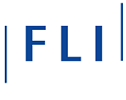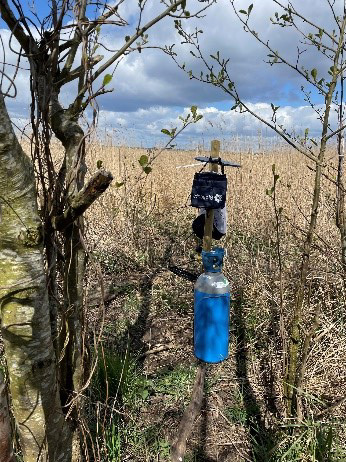For many centuries, peatlands where drained to make the land accessible for human development. Recent research however indicates that in addition to being critical habitats for a large variety of highly specialized animal and plant species, these unique ecosystems are capable of storing immense amounts of CO2. Today, peatlands are considered key allies to mitigate climate change hence efforts to rewet former peatlands have gained political traction. Nevertheless, little is known about their specific mosquito fauna. Many mosquito species can transmit pathogens like viruses and parasites. Furthermore, international trade and travel have facilitated the distribution of invasive mosquito species. The rewetting of peatlands combined with the influence of climate change on the spatial and temporal distribution of mosquitoes and mosquito-borne pathogens may present a health risk to the vicinity of these wetlands.
„CuliMoor – Evaluation of the mosquito fauna (Diptera: Culcidae) in the context of the rewetting of peatlands with regard to the occurrence of zoonoses”
IMED


To identify this risk, we will monitor the mosquitoes in all life history stages through egg, larval and adult sampling. The chosen sites are an established peatland, a recently rewetted area as well as areas used for housing and agriculture. We will identify the mosquitoes morphologically and genetically and screen them for zoonotic pathogens. Further tests concerning their vectorial capacity will be conducted where necessary. Meteorological and hydrological parameters will complete our endeavour. Thus, a comprehensive picture of mosquitoes in peatlands should take shape. The project should enable us to adequately identify and therefore mitigate risks associated with the rewetting of peatlands and help us restore these essential habitats while protecting the health of people and animals alike.
Grant number:
01KI2211
Project partner:
Greifswald Mire Centre (GMC), Institute of Botany and Landscape Ecology, University of Greifswald
Involved Scientists:
Dr. Mandy Schäfer
Prof. Dr. Cornelia Silaghi
Dr. Birke A. Tews
Patrick Gutjahr

